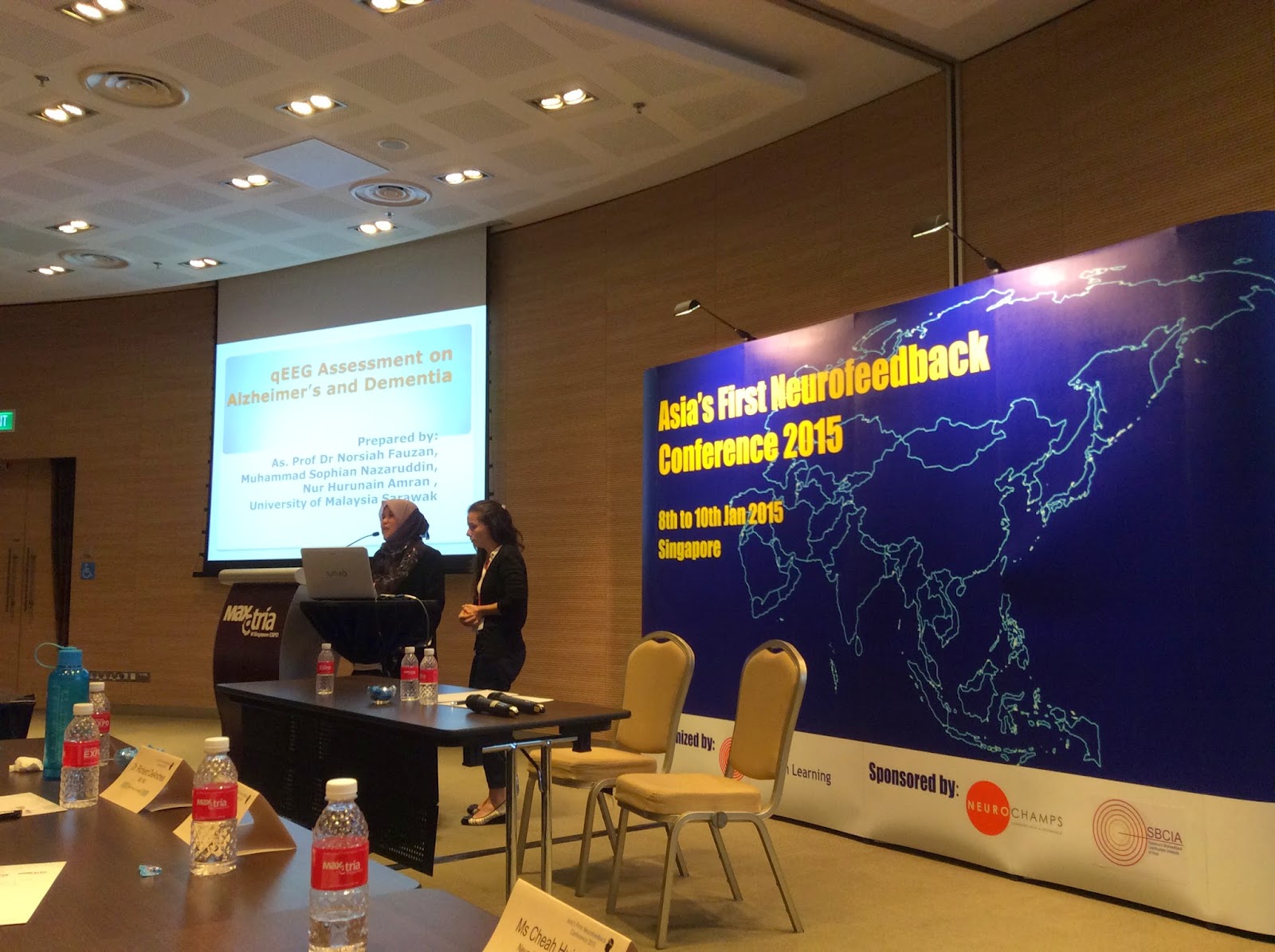When I first sent my teenager boy for brain trainer (EEG biofeedback) and Neuro-hypnotherapy, I was hoping to help him to manage tourette syndrome and his attitude. Noticeable changes was seen after 3 treatment (Neuro-hypnotherapy and EEG biofeedback sessions), he had been more positive and well behaved. His tourette syndrome symptoms are ignorable today after 16 sessions of brain trainer (EEG biofeedback). I am really thankful to your centre for this miracle changes where no other doctors can do for him so far (He doesn't have to go through for surgery now).
- Mother of Henry, Mrs Koh.
In most cases, the treatment plan for tics could involve one or more of the following:
- Treatments that don't involve taking medication – psychotherapy and alternative therapies
- Medication – the three types of medication that may be prescribed are alpha2-adrenergic agonists, muscle relaxants and dopamine antagonists
- Surgery –surgical techniques may be suitable - such as deep brain stimulation
Yes, In Malaysia we offer natural and alternative therapies for Tourette's Syndrome by using Neuro-Hypnotherapy and EEG biofeedback therapy:
1) Neuro-Hypnotherapy and self-hypnosis
Researchers at Case Western Reserve University in Cleveland, Ohio, reported that self-hypnosis aided by the use of videotape training may help children with Tourette’s syndrome to manage tic disorders. Thirty-three young patients were recruited for the study and trained in self-hypnosis techniques by watching a videotaped series featuring a boy undergoing training for tic control. The results of the study, published in the “Journal of Developmental and Behavioral Pediatrics,” found that 79 percent of the participants continued to control tics after a six-week follow-up. Of theses, 46 percent were able to modify tic frequency after two self-hypnosis session, and 96 percent after three. The study concluded that self-hypnosis is a valuable addition to a multidisciplinary tic-management program.
2) EEG biofeedback therapy and Tourette Syndrome
Recent research has uncovered two key types of brain dysregulation in Tourette Syndrome. The first has to do with the sensorimotor rhythm, better known as the SMR. The SMR appears as distinct “spindle” patterns, representing synchronized electrical activity within the brain. Interestingly, the SMR is actually not yet well understood by neuroscientists. SMR amplitude is known to be higher when a person isn’t moving, when the sensorimotor areas of the brain are idle. Motor tasks and even motor mental imagery cause the SMR’s amplitude to decrease. Tourette Syndrome patients additionally have been shown to have excess theta wave activity in the frontal lobes. SMR and frontal theta dysfunction are believed to lie at the heart of Tourette Syndrome.
What is known, however, is that EEG biofeedback therapy can in fact be used to gain control over one’s own sensorimotor rhythm. This is at the heart of the potential of EEG biofeedback therapy to help manage Tourette symptoms. Researchers are already producing evidence that EEG biofeedback therapy focused on the SMR can help reduce tics. In one successful case study, a 17-year-old Tourette patient was given EEG biofeedback training with protocols designed to increase SMR and reduce theta, although researchers found that SMR training alone was actually somewhat more effective. The patient experienced a reduction in tics, as well as improved cognitive functioning.
What Is Tourette's Syndrome?
Tourette's syndrome is a problem with the nervous system that causes people to make sudden movements or sounds, called tics, that they can't control. For example, someone with Tourette's might blink or clear their throat over and over again. Some people may blurt out words they don't intend to say. Treatments can control tics, but some people don’t need any unless their symptoms really bother them. About 100,000 Americans have full-blown Tourette's syndrome, but more people have a milder form of the disease. It often starts in childhood, and more boys than girls get it. Symptoms often get better as children grow up. For some people, they go away completely.
Source:
http://braincoretherapy.com/neurofeedback-therapy-new-hope-tourette-syndrome/
http://www.medicalnewstoday.com/articles/175009.php
http://www.webmd.com/brain/tourettes-syndrome
Remark: Our client's information will be kept strictly confidential all the time. All review have been acknowledged and provided by past and current clients of Spectrum of Life proactive healthcare centre (Clinical Hypnotherapist Hiro Koo). Clients names have been changed to protect their identity.
Remark: Our client's information will be kept strictly confidential all the time. All review have been acknowledged and provided by past and current clients of Spectrum of Life proactive healthcare centre (Clinical Hypnotherapist Hiro Koo). Clients names have been changed to protect their identity.









































